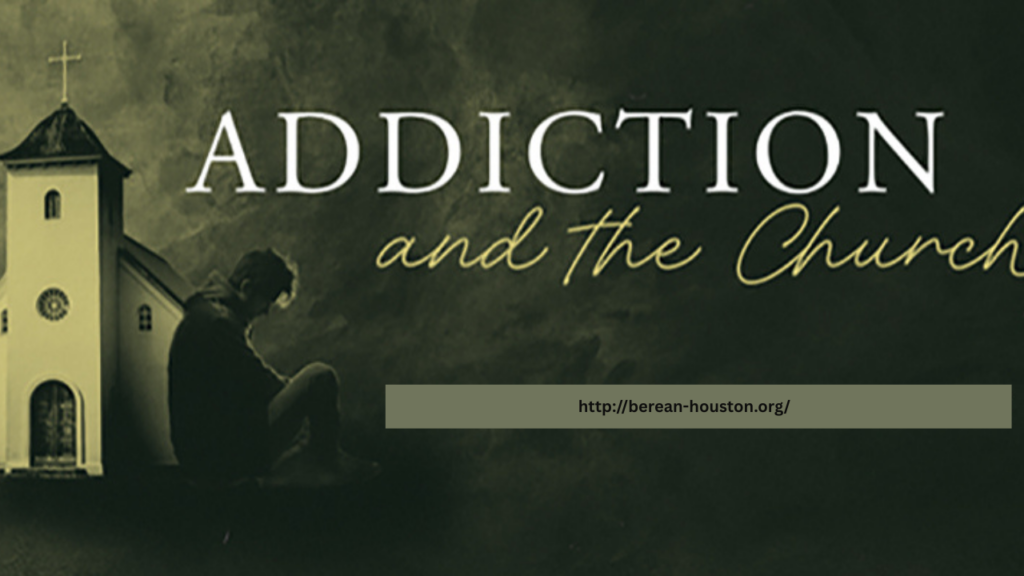
Addiction is a pervasive issue that affects individuals, families, and communities. While medical and psychological interventions are important in recovery, the spiritual dimension of healing is often overlooked. The Church, as the body of Christ, has a vital role in supporting those struggling with addiction. Through compassion, community, prayer, and discipleship, the Church can become a powerful source of hope and restoration.
A Place of Acceptance and Grace
One of the greatest barriers to recovery is shame. Many individuals battling addiction fear judgment and rejection. The Church is called to embody the love and grace of Jesus Christ, offering a safe and accepting environment where people can find healing. Romans 15:7 encourages believers to “Accept one another, then, just as Christ accepted you, in order to bring praise to God.”
By fostering a culture of grace rather than condemnation, churches can help people feel seen, valued, and supported on their journey toward recovery.
Providing Community and Support
Addiction often thrives in isolation. The Church can counter this by offering authentic community. Acts 2:42-47 paints a picture of the early church as a place of shared life, mutual support, and spiritual growth. Small groups, recovery ministries, and accountability partnerships create spaces where individuals can build relationships, share struggles, and experience healing together.
Support groups such as Celebrate Recovery, a Christ-centered 12-step program, have been successful in many churches by addressing not only addiction but also related issues like anger, anxiety, and codependency.
Spiritual Encouragement Through Prayer and Scripture
The Church plays a key role in pointing people to the ultimate source of healing: Jesus Christ. Through regular preaching, teaching, and personal discipleship, the Church can offer biblical truth and encouragement to those in recovery. James 5:16 says, “Therefore confess your sins to each other and pray for each other so that you may be healed. The prayer of a righteous person is powerful and effective.”
Praying with and for those in recovery reminds them that they are not alone and that God is actively working in their lives. Offering Scripture-based counseling and Bible study helps renew the mind and build spiritual resilience.
Equipping the Church to Respond Effectively
For the Church to be effective in supporting addiction recovery, it must be equipped with the right tools and understanding. Training leaders and volunteers in addiction awareness, trauma-informed care, and spiritual mentorship can greatly enhance a church’s ability to minister effectively.
Partnering with Christian counselors, treatment centers, and recovery programs also expands the Church’s ability to provide holistic care. By addressing both the spiritual and practical needs of those in recovery, the Church becomes a more complete and compassionate witness of Christ’s love.
Conclusion
The Church is uniquely positioned to offer hope and healing to those struggling with addiction. Through acceptance, community, prayer, and biblical truth, it can be a sanctuary where broken lives are restored. As followers of Christ, we are called not to turn away from those in pain but to walk alongside them, extending the same grace and mercy that we ourselves have received. In doing so, the Church fulfills its mission to be a place of healing, transformation, and redemption.








